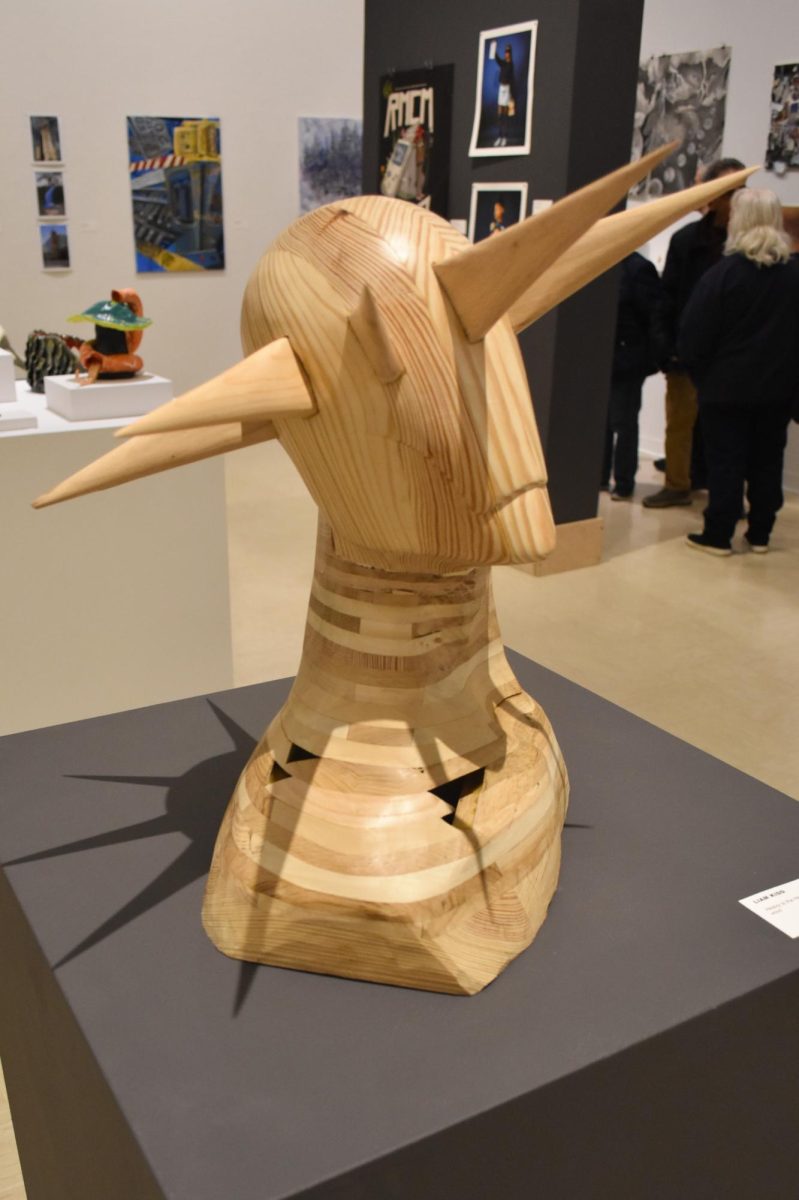Swider comes to campus to promote her new book
February 1, 2016
Within 24 hours of her book’s release, Sarah Swider, an alumna and assistant professor of Wayne State University, came to UA on Jan. 29 to discuss the conditions that millions of informal workers and laborers endure due to authoritarianism and morbid working conditions in China.
Swider promoted her book, titled “Building China: Informal Work and the New Precariat,” at Olin Hall on Friday. Swider conducted more than 10 years of research to complete the book, visiting China numerous times during the process. She has presented her research around the world.
The goal of the presentation was to challenge the dominant narrative of China’s success by bringing the informal workers, and their conditions, out of the shadows.
Swider also presented the argument that informal workers, or workers who receive wages but are mostly without contracts and have no legal standing, are the majority of workers across the globe.
She describes informal workers as “invisible,” and therefore susceptible to unjust circumstances.
“The term ‘informal worker’ is under-theorized and unspecific,” Swider said. She said she wants to create a more solid idea of what this term means and what it entails, specifically pertaining to China.
Swider classified the informal workers of China as being part of the “precariat,” which is different from Karl Marx’s classification of proletariat workers; she says there is an element of danger in the precariat working class.
Due to the increased urbanization in China, there has been an exponential need for construction work to accommodate its growth. Informal workers migrate to urbanizing areas to find jobs in construction. However, with their migration, Swider notes there are many troubling implications, such as difficulties enrolling children in urban schools, and a lack of respect for migrated workers.
Swider describes three types of labor situations that involve informal workers in China. The living situation is the “City of Walls,” where workers are paid at the end of the year. The walls are symbolic for their physical imprisonment in this system.
The second type of labor situation is known as the “City of Villages.” Workers are not trapped inside of a walled city, but they face deportation back to their home-village, where there may be no work.
The third type is called the “City of Violence,” where informal workers live underground, powerless against their employers. Employees can be beaten at work — or worse.
On her many visits to China, Swider has formally studied all of these work environments and has even lived in an apartment underground where she was accused of being a non-American and almost forced to leave.
These are the types of working conditions that informal workers are faced with in China at the moment. Swider notes that the majority of the world’s informal workers face similar situations.
Swider was a former student at UA before transferring to Wayne State University. She commemorated her book to the UA professors who “fought hard to support her in writing books.” Her book is available through the Cornell University Press.











